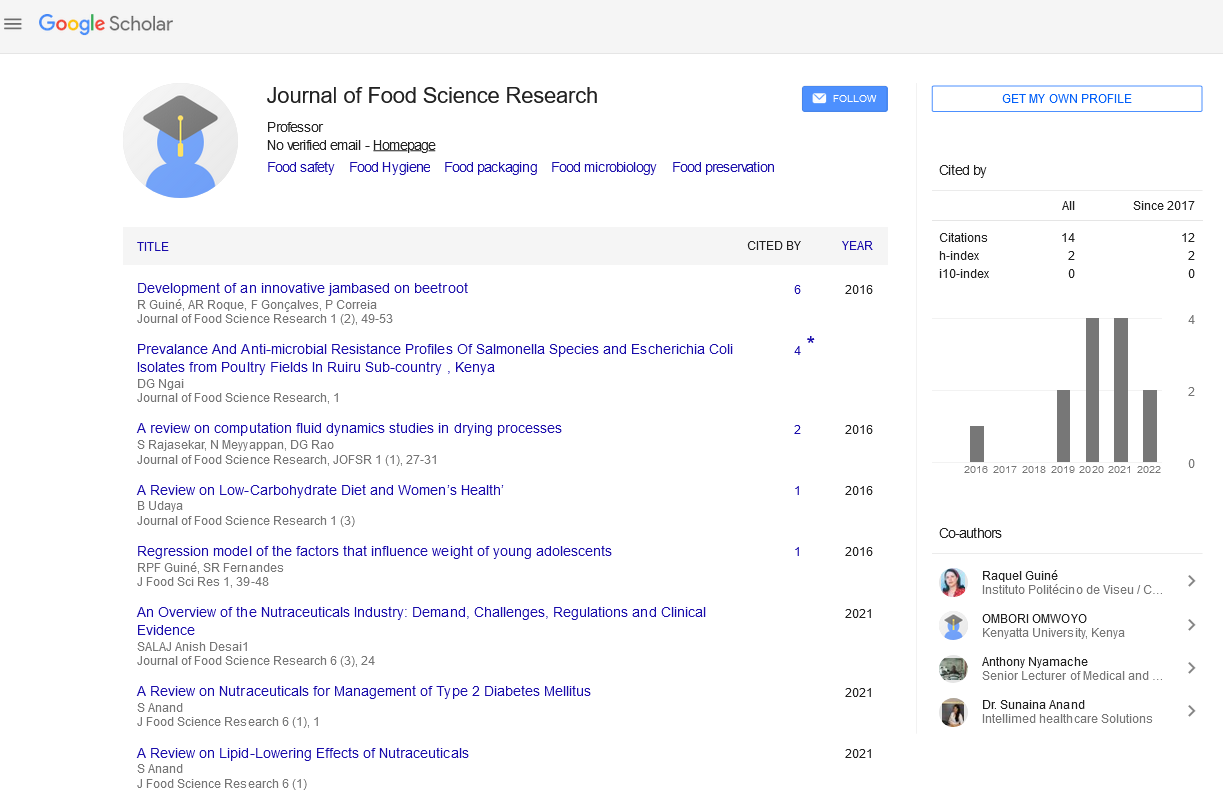All submissions of the EM system will be redirected to Online Manuscript Submission System. Authors are requested to submit articles directly to Online Manuscript Submission System of respective journal.
Chronic Alcoholism
chronic excessive drinking of alcoholic beverages leading to impairment of health or of social or occupational functioning, and increasing tolerance requiring increasing doses to realize and sustain the specified effect. Symptoms of withdrawal may occur on sudden cessation of alcohol intake. Signs and symptoms include sweating, rapid heartbeat, hand tremors, problems sleeping, nausea and vomiting, hallucinations, restlessness and agitation, anxiety, and infrequently seizures. Symptoms are often severe enough to impair your ability to function at work or in social situations. Chronic alcoholic patients are frequently deficient in one or more vitamins. The deficiencies commonly involve folate, vitamin B6, thiamine, and vitamin A. Although inadequate dietary intake is a major cause of the vitamin deficiency, other possible mechanisms may also be involved. Alcohol contributes to many risk factors for heart Condition. For example, side effects of chronic alcohol consumption include high blood pressure, increased risk of diabetes and obesity. People who drink heavily are also more likely to have an unhealthy diet and to exercise less. Alcohol inhibits absorption of vitamins and nutrients by active transport processes, an effect that may be crucial in precipitating specific nutrient deficiencies (e.g. thiamine) in alcoholics . Hypocalcemia in alcoholics can result from malabsorption 3. Chronic alcohol abuse decreases the absorption of zinc 46High Impact List of Articles
-
Enduring Challenges in Estimating the Effect of the Food Environment on Obesity
Rocio MarinaCurrent opinion: Journal of Food Science Research
-
Enduring Challenges in Estimating the Effect of the Food Environment on Obesity
Rocio MarinaCurrent opinion: Journal of Food Science Research
-
Food Technology 2019: Underutilized food and alimentary technology, a synergic interacion as an approach to a hunger free world-
Virginia E Melo RuizResearch: Journal of Food Science Research
-
Food Technology 2019: Underutilized food and alimentary technology, a synergic interacion as an approach to a hunger free world-
Virginia E Melo RuizResearch: Journal of Food Science Research
-
Food Technology 2018-The impact way of cooking on the content of bioactive ingredients in rose hip tea- Zilha Asimovic- University of Sarajevo
Zilha AsimovicReview: Journal of Food Science Research
-
Food Technology 2018-The impact way of cooking on the content of bioactive ingredients in rose hip tea- Zilha Asimovic- University of Sarajevo
Zilha AsimovicReview: Journal of Food Science Research
-
Food Pathogenic Actions
Prameeth Kumar MReview: Journal of Food Science Research
-
Food Pathogenic Actions
Prameeth Kumar MReview: Journal of Food Science Research
-
Regression model of the factors that influence weight of young adolescents
Raquel P.F.Guine, Sofia R.FernandesOriginal Article: Journal of Food Science Research
-
Regression model of the factors that influence weight of young adolescents
Raquel P.F.Guine, Sofia R.FernandesOriginal Article: Journal of Food Science Research

